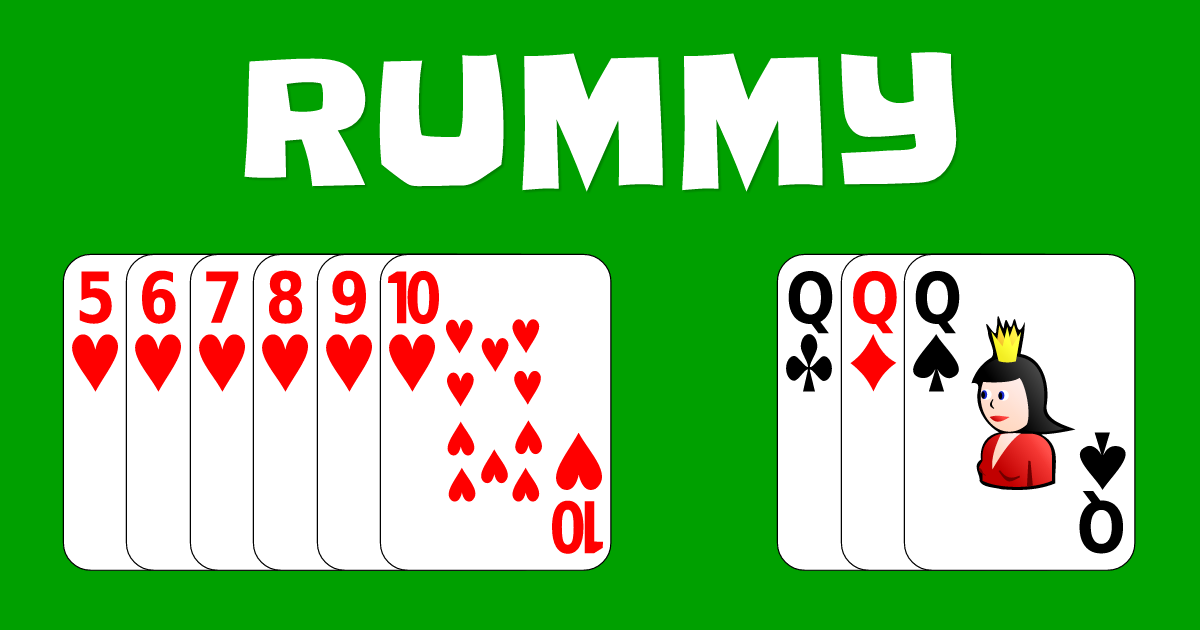As brave as you might be as an adult, there are bound to be some childhood fears that you learned to overcome while growing up.
If you talk about your childhood fears with your friends, you might notice some similarities or recurring themes.
If you are dealing with your children’s fears right now, here is some information on common childhood fears and what you can do to help them.
Fear of Dental Procedures
Many children do not like needles, bitter medicine, or the dentists’ sharp tools. It is easy to associate anxiety and pain with visits to these providers, making this childhood fear extend into teenage years or even adulthood.
To help, you can find medical and dental providers caring, understanding, and sensitive to your child’s fear, such as the family dentist in Canley Heights.
Hopefully, by providing a positive experience can go some ways to alleviate your child’s anxiety.
Fear of the Dark
Your children might start crying or asking for their parents when they wake up in the middle of the night in darkness. They also might be restless once you leave them in a room with no lights on.
Help your children adapt to the darkness by assuring them that they are safe. Make it known that you will be right by their side if they need you.
You can also get a night light to help alleviate their fear.
Fear of Make-Believe Creatures
Children are imaginative. At a younger age, they might fail to discern between the monsters that they created in their imaginations with reality.
Some children are afraid of a monster under their bed, in their closet. Show your child what is under their bed or in their closet. Let them see there is no monster there, maybe just a little spider.
Discuss your children’s fears with them patiently and encourage them to share their feelings and experiences with you.
You can also reassure them of their safety along the way to help them understand that they are in good hands.
Fear of Strangers
Toddlers are susceptible to fear of strangers. This is the stage where toddlers start to recognize and remember more faces around them, and new faces may be daunting.
You might notice your toddlers crying when strangers approach them, even if it’s a new babysitter or a relative visiting from far away.
Stay with your children to let them know that you are still there. You can also talk softly around your toddler until they grow accustomed to the new person’s presence.
Toddlers will notice when their parents are feeling calm and will learn to reflect those feelings as well.
Fear of Separation
Between the age of 10 months and two years old toddlers are likely to face separation anxiety – a fear of being away from their parents.
You might notice fear in toddlers while they are left with a new babysitter, or when you leave them in daycare with other children.
Create and maintain a routine so that your children know when they can expect to see you again after being left with the new group of people.
Fear of Heights
Your children might be afraid of falling from a high place. While considered a relatively rational fear, it could disrupt your children’s lives when they start feeling anxious while standing near the balcony or just on the higher stories of shopping malls.
Do not invalidate your children’s fear of heights when they tell you about it. Instead, show them that you understand their concern even if you might not share it. You can then create and discuss plans to help your children overcome their fear.
Fear of Holes
Your toddler could express fear of falling into the toilet or the bathtub plug hole. It will not seem rational to you at all, but understand that toddlers at that age have yet to grasp space and size.
Let your children play with toys that teach the concept of shapes and sizes. Do not overexpose them to their fears at this time to prevent your children from getting traumatized.
Gradually explain that all will is well and assure them that you have never had an experience of falling into one of these holes.




